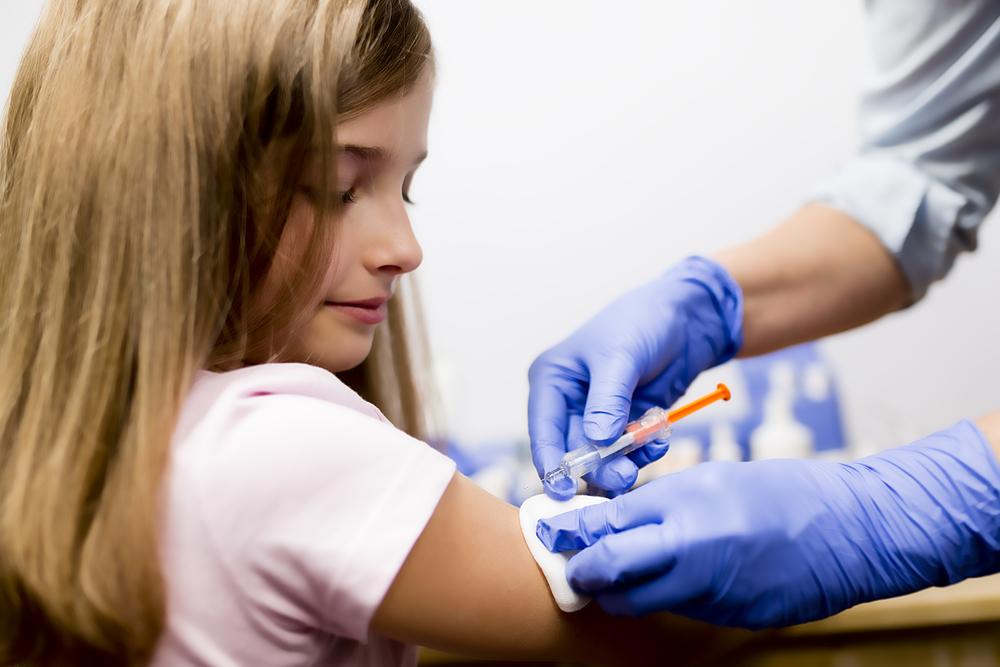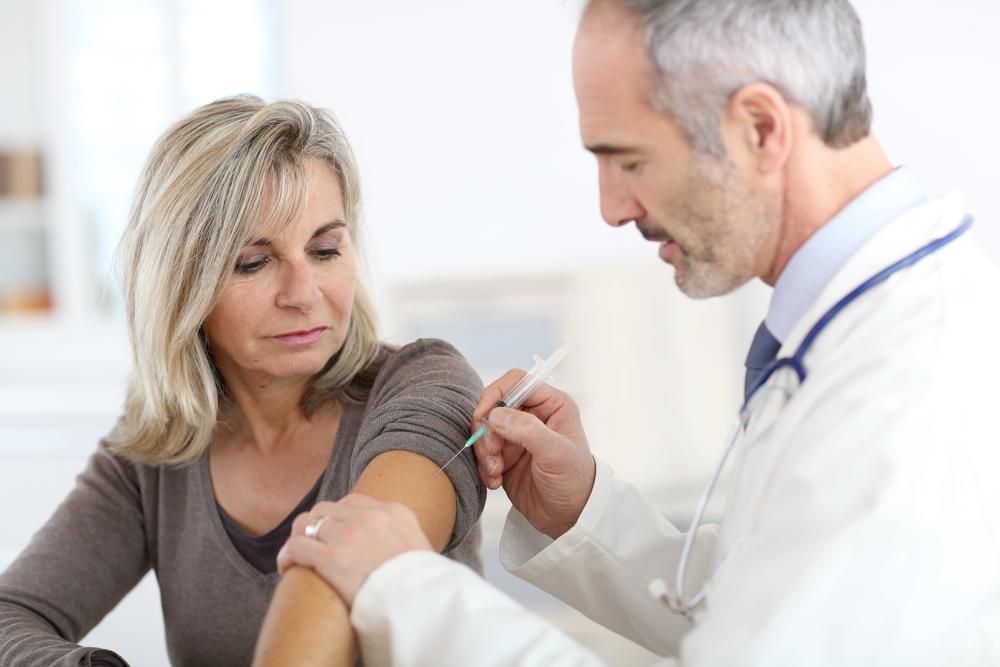Comprehensive Guide to Preventing Meningitis: Protect Your Health Effectively
This in-depth guide offers essential strategies to prevent meningitis effectively. It emphasizes healthy lifestyle choices, rigorous hygiene, vaccination, and prompt medical attention, providing readers with practical steps to protect themselves and their loved ones from this serious infection. Staying informed and proactive can significantly reduce the risk of meningitis and its potential complications, ensuring better neurological health and peace of mind.

Proven Strategies to Prevent and Safeguard Against Meningitis
Meningitis is a serious and potentially fatal condition characterized by the inflammation of the protective membranes surrounding the brain and spinal cord. Although it is not an everyday concern for most, its severity and rapid progression make awareness and prevention critical. Caused by various factors such as bacterial or viral infections, weakened immune systems, or contact with infected individuals, meningitis can occur at any age but is especially prevalent among young children, adolescents, and young adults. Understanding how to prevent this disease can dramatically reduce risks and promote overall neurological health.
Recognizing the signs early and taking proactive preventative steps are fundamental to reducing the incidence of meningitis. Timely diagnosis enhances treatment success and can prevent long-term disabilities or fatalities resulting from delayed intervention. Preventive measures focus on bolstering immunity, practicing good hygiene, avoiding contact with infected persons, and staying vaccinated—all essential components of comprehensive health protection.
Maintain a Healthy Lifestyle – Developing and sticking to healthy habits can significantly boost your immune system. Adequate sleep, a balanced diet rich in fruits, vegetables, and whole grains, regular physical activity, and avoiding smoking all contribute to stronger immunity, which is vital in defending against meningitis-causing pathogens. If you have underlying health conditions or experience symptoms of illness, consult healthcare providers promptly to address concerns before they escalate.
Practice Rigorous Hand Hygiene – Regularly washing hands with soap and water, especially before eating, after using the restroom, or after touching public surfaces, reduces the spread of bacteria and viruses responsible for meningitis. Using hand sanitizers with at least 60% alcohol is a good alternative when water is unavailable. Proper handwashing techniques—including scrubbing for at least 20 seconds—are essential to eliminate germs effectively.
Avoid Sharing Personal Items – Personal belongings like drinking glasses, utensils, toothbrushes, or cosmetics can harbor infectious agents. Sharing these items facilitates bacterial or viral transfer, increasing meningitis risk. Always use your own items, especially in communal settings or when traveling.
Use Cover When Sneezing or Coughing – Covering your mouth and nose with a tissue or your elbow when sneezing or coughing prevents droplets containing bacteria or viruses from infecting others. Dispose of tissues immediately and wash hands afterward to prevent contamination.
Get Vaccinated – Vaccination remains one of the most effective tools for meningitis prevention. Several vaccines target common meningitis-causing organisms like meningococcal, pneumococcal, and Haemophilus influenzae type b (Hib). It is especially recommended for adolescents, young adults, travelers to high-risk areas, or those with compromised immune systems. Consulting with a healthcare provider about suitable vaccines can help you stay protected.
Seek Prompt Medical Attention – If you or someone around you shows symptoms such as severe headache, neck stiffness, fever, nausea, or sensitivity to light, immediate medical assessment is vital. Early detection and treatment with antibiotics or antiviral medications can prevent severe complications. If exposed to someone with confirmed meningitis, healthcare professionals may recommend preventative antibiotics or post-exposure prophylaxis.
Implementing these comprehensive preventive strategies can significantly decrease the chances of contracting meningitis, thereby safeguarding neurological health and overall well-being. Staying vigilant and proactive is essential in controlling the spread and impact of this dangerous disease.





